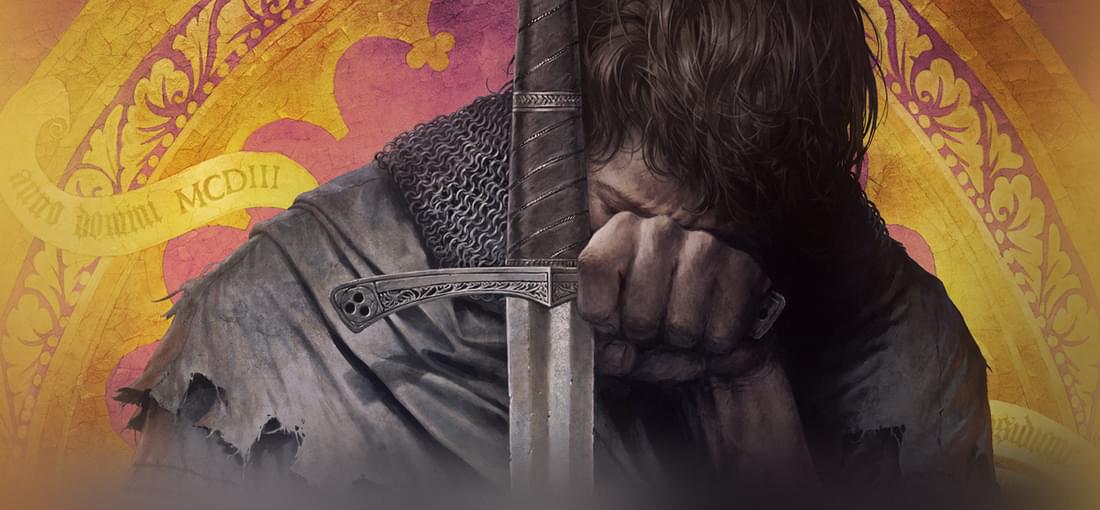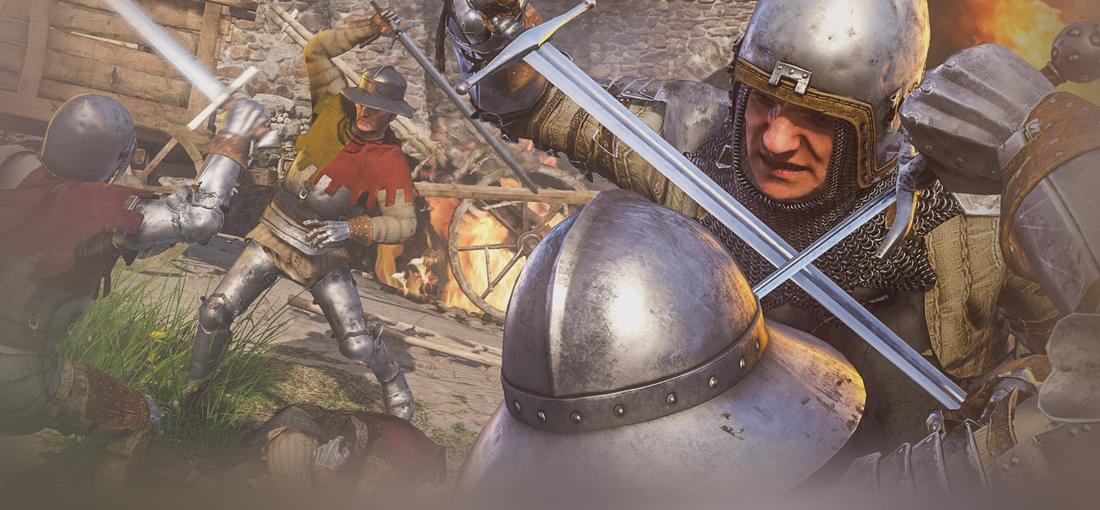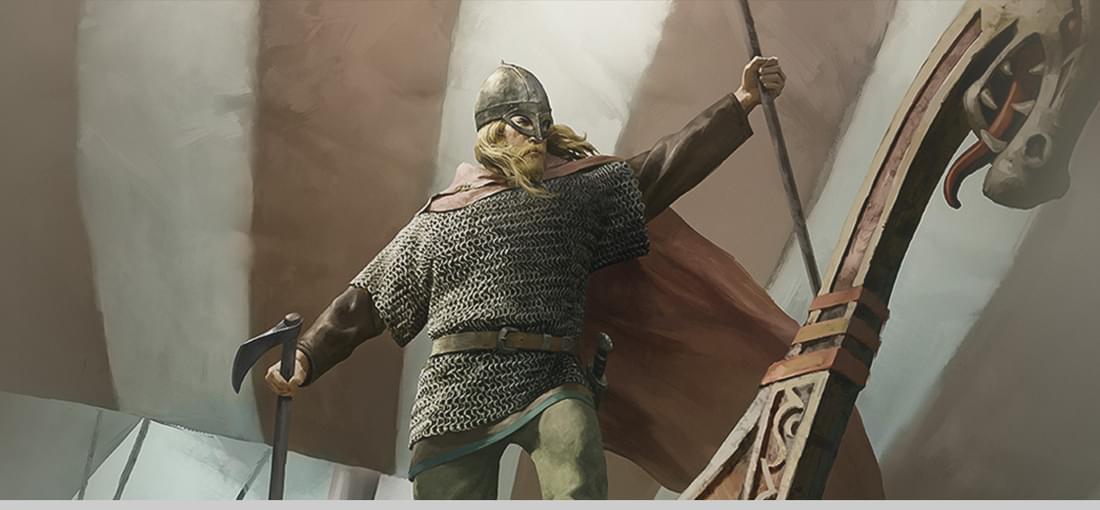


The Rage Quit part: In my first run through, the combat system made me give up after about 30 hours. I'm getting on in years and the system is reaction-based with no adjustments -- it was just beyond me unless I used a mod that automated things (I've now learned that there's a timing mod that may help with my next playthrough). In my view, the constrained melee combat is the game's biggest flaw and the main reason why the stats show people giving up early (as I did). The Favourite Game part: Bannerlord's early access disappointed so I cast around for something in a similar genre -- and decided to give KC:D another try. And I'm glad I did! I learned that stealth and archery are viable approaches to dealing with enemies, and even melee became doable once I'd levelled up skills and weapons (there's only one plot-essential fight; button mashing got me through). The best feature of this game is the the portrayal of the medieval world -- the art style pulls you in to the point that you can almost feel the heat of the summer afternoon near a lazy river, the towns are alive with people going about their day. Hawkers call out their wares, blacksmiths forge swords, crowds turn out to cheer the horse race. There's an astonishing amount of content (particularly in the Royal Edition with all DLCs) -- I've got >200 leisurely hours and haven't finished the central story yet. And as for the combat, as with the Mount and Blade series you really do feel as if you're getting better as you level up -- not because you're necessarily getting better, but because timing etc. becomes more forgiving. Still, it's not for everyone. It's for the player who will explore and enjoy in-game activities such as herb gathering, alchemy, drinking, gambling and hunting as well as stealth/combat/archery practice. Learn the "tool kit" -- preferably in game, but there's plenty of online info if you need it -- and your effort will be amply repaid.

Ultimately the combat killed my interest in finishing the game, which is a shame because the world, characters, story and historical background are compelling. To give you an idea of what's wrong with the combat, while trying to make myself like the game I found some autohotkey scripts (that in fairness at least made it somewhat playable for me). One of these scripts handles parrying, which is possible because when a certain prompt flashes up, you have to press the parry button. Clearly this is a highly scriptable piece of gameplay. If a pixel-watching, event-generating script can play a key part of a combat-based RPG, there's something wrong IMO; I thought we'd got past that level of gameplay sometime around 1980. Or at least that that "watch for the prompt then press the button" had been relegated to the occasional QT-event mini-game. I still think the game is worth 4 stars because for many players the combat will be fine -- if so then there's a lot here to love. For comparison, I also disliked the combat in Witcher 1 and I love the combat in the Mount and Blade franchise.

I hadn't planned to try this because I haven't really enjoyed any of the other mod/alternative settings I've tried, but the wait for Bannerlord became too much and I needed a M&B fix that wasn't more Calradia ... so I picked up GoG versions of both Warband and Viking Conquest Reforged on sale. Wow, am I glad I gave it a chance. It is of course still M&B Warband under the hood, but there are enough changes of emphasis and balance to make VC feel like a fresh game. More difficult (depending on settings, to some extent) and so perhaps not the best entry point for a new player ... but for a long-time player it is great. It forced me out of my horse archer & cavalry tactics comfort-zone and made me engage with one-handed weapons and the shield wall. The re-balancing of infantry vs cavalry, and melee vs missile, is perhaps the most interesting aspect of the game, certainly on the combat side of things. And of course there's resonance for those who like the historical period, or who enjoy shows like Vikings or the Last Kingdom, or who have immersed themselves the novels corresponding to that latter series. The campaign is minimally polished and presumably limited by what the engine can do, but it does engage emotionally and provides enough structure to make the game interesting, while still allowing you to mess around in the sandbox world to your heart's content. Now I'm off for another playthrough, but being ruthless instead of kind this time...